Courses & Trainings Dhyana Yatra
Dhyana Yatra
Dhyana, often translated as "meditation," is a state of focused, sustained awareness where the mind becomes still and deeply connected to the present moment. This ancient practice, rooted in Eastern philosophies, especially within Hindu and Buddhist traditions, is considered a pathway to inner peace, self-realization, and spiritual growth. Unlike mere relaxation, Dhyana encourages a profound shift in consciousness, helping practitioners transcend everyday thoughts and distractions to explore a deeper, more connected state of being.
Dhyana, often translated as "meditation," is a state of focused, sustained awareness where the mind becomes still and deeply connected to the present moment. This ancient practice, rooted in Eastern philosophies, especially within Hindu and Buddhist traditions, is considered a pathway to inner peace, self-realization, and spiritual growth. Unlike mere relaxation, Dhyana encourages a profound shift in consciousness, helping practitioners transcend everyday thoughts and distractions to explore a deeper, more connected state of being.
Frequently Asked Questions
What is Dhyana? How is it different from other types of meditation?
Dhyana, a Sanskrit term often translated as "meditative absorption," involves a state of focused, continuous awareness that quiets the mind and deepens inner peace. Unlike some meditation forms that focus only on relaxation, Dhyana aims for a complete union of mind and spirit, transcending ordinary thought patterns to reach deeper states of consciousness.
I’m a beginner. Can I still join the classes?
Absolutely! Our classes are designed to welcome all experience levels, including beginners. Our instructors provide guidance and modifications to ensure everyone feels comfortable and supported, regardless of their meditation background.
What should I expect during a typical Dhyana meditation session?
A Dhyana session often begins with breathwork or gentle stretching to relax the body, followed by guided instructions to help focus the mind. As the session progresses, the guidance will encourage deeper concentration, allowing you to observe thoughts, feelings, and sensations without attachment, fostering a state of inner stillness and peace.
How long do I need to meditate each day to see results?
Even a few minutes of meditation each day can bring benefits. Consistency is more important than duration. Beginners may start with 5-10 minutes daily, gradually increasing time as they feel comfortable. Many people begin to notice positive changes within a few weeks.
Do I need any special equipment or clothing for meditation?
Meditation requires very little equipment. All you need is a quiet, comfortable space. We recommend wearing loose, comfortable clothing to help you relax. Meditation cushions, mats, or chairs are also available in our sessions for your convenience.
How is meditation related to mindfulness?
Mindfulness is a form of meditation focused on being fully present and aware in the moment without judgment. Dhyana also includes mindfulness but often involves deeper concentration techniques, going beyond simple awareness to attain higher levels of spiritual insight and peace.
Do I have to be religious or spiritual to practice Dhyana?
Not at all. Dhyana meditation is a universal practice open to everyone, regardless of religious or spiritual beliefs. Many people practice it purely for its mental and physical benefits, while others may use it as part of their spiritual journey. Our approach is inclusive, welcoming all perspectives.


